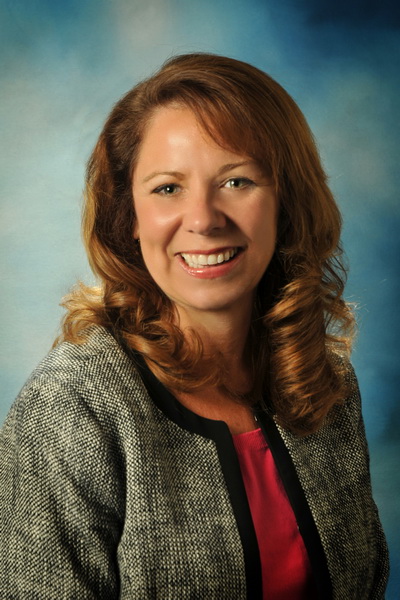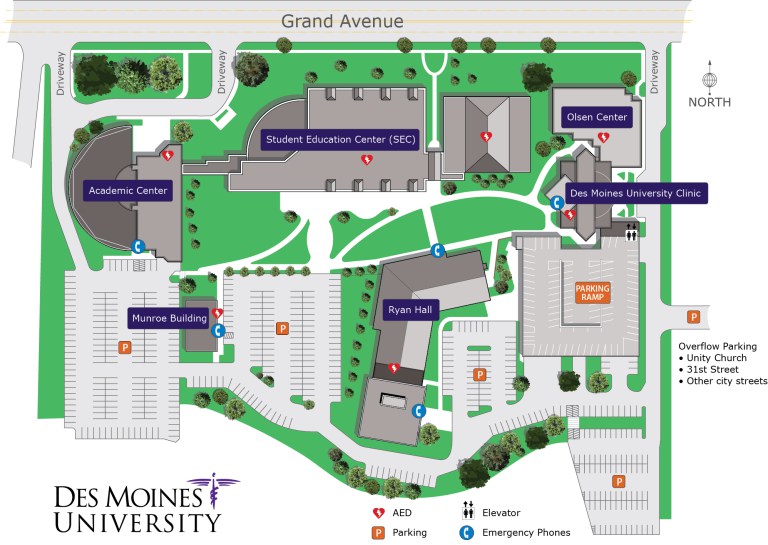Movement System Diagnosis – Application to Patients with Mobility Deficits

| Registration |
|---|
You must login or create an account before enrolling in this educational activity.Once you're logged in, please click on the ENTER button to your right. Your attendance will then be confirmed. |
Target Audience
Physical therapists, physical therapy assistants, and students.
Description
The Movement System has been identified as the foundation of physical therapy practice and yet our systematic description of movement system problems has been limited. This course will focus on the only set of Movement System diagnoses developed for use with patients with neuromuscular conditions. The course will include descriptions of common patterns observed in practice, examination strategies including movement analysis of critical tasks, and linkages between intervention research and the Movement System diagnoses.
Learning Objectives
- Explain how the movement system can be used to sort patients into categories that are meaningful for practice and research.
- Perform a movement analysis of critical tasks using a systematic process and video examples.
- Determine a Movement System Diagnosis by matching descriptions of diagnostic categories with video examples.
- Select evidence-based interventions for patients with different Movement System Diagnoses and discuss considerations for selected interventions to specific diagnoses.
Agenda
| 8 am | Registration |
| 8:30 am | The Movement System – A Framework that Guides Physical Therapy Practice |
| 9:30 am | Break |
| 9:45 am | Movement System Diagnosis and Evidence-Based Practice |
| 10:15 am | Movement System Diagnosis for Neuromuscular Conditions
|
| 11 am | Break |
| 11:15 am | Movement System Diagnosis for Neuromuscular Conditions (Continued) |
| 12:15 pm | Lunch |
| 1:15 pm | Overview of Specific Diagnoses
|
| 3 pm | Break |
| 3:15 pm | Determining a Diagnosis
|
| 4:15 pm | Adjourn |
Speaker

Patricia L. Scheets, PT, DPT, MHS, NCS
Dr. Scheets received her professional and post-professional degrees from Washington University in St. Louis. She is a board certified clinical specialist in neurologic physical therapy and has worked extensively with patients with stroke, neurological disorders, and balance and vestibular disorders. She has developed a set of movement system diagnoses that is used to guide the therapist’s clinical examination and treatment selection for patients with neuromuscular conditions. She has had extensive experience as a practice leader where she has worked to implement standards of care including movement system diagnoses, examination strategies, and interventions. She is the Director of Quality and Clinical Outcomes with Infinity Rehab and the President of the Academy of Neurologic Physical Therapy.
Relevant to the content of this CME activity, Dr. Scheets indicated she has no financial relationships to disclose.
Questions
Des Moines University
Continuing Medical Education
515-271-1596
[email protected]

Des Moines University is located on a 22-acre campus in the heart of Des Moines, Iowa. Just west of downtown on Grand Avenue, the University is located in one of Des Moines’ most prestigious neighborhoods. The campus is in a historic neighborhood filled with tree-lined streets and gracious older homes and businesses. Its central location makes it easy to access the rest of the city and outlying communities. The campus is close to the Des Moines International Airport, located on the bus line and just blocks from local shopping and downtown Des Moines.

Continuing Education Credit
Certificates of attendance will given for 6.0 continuing education contact hours.
EDUCATIONAL GRANTS
No commercial interest provided financial support for this continuing education activity.

 Facebook
Facebook X
X LinkedIn
LinkedIn Forward
Forward